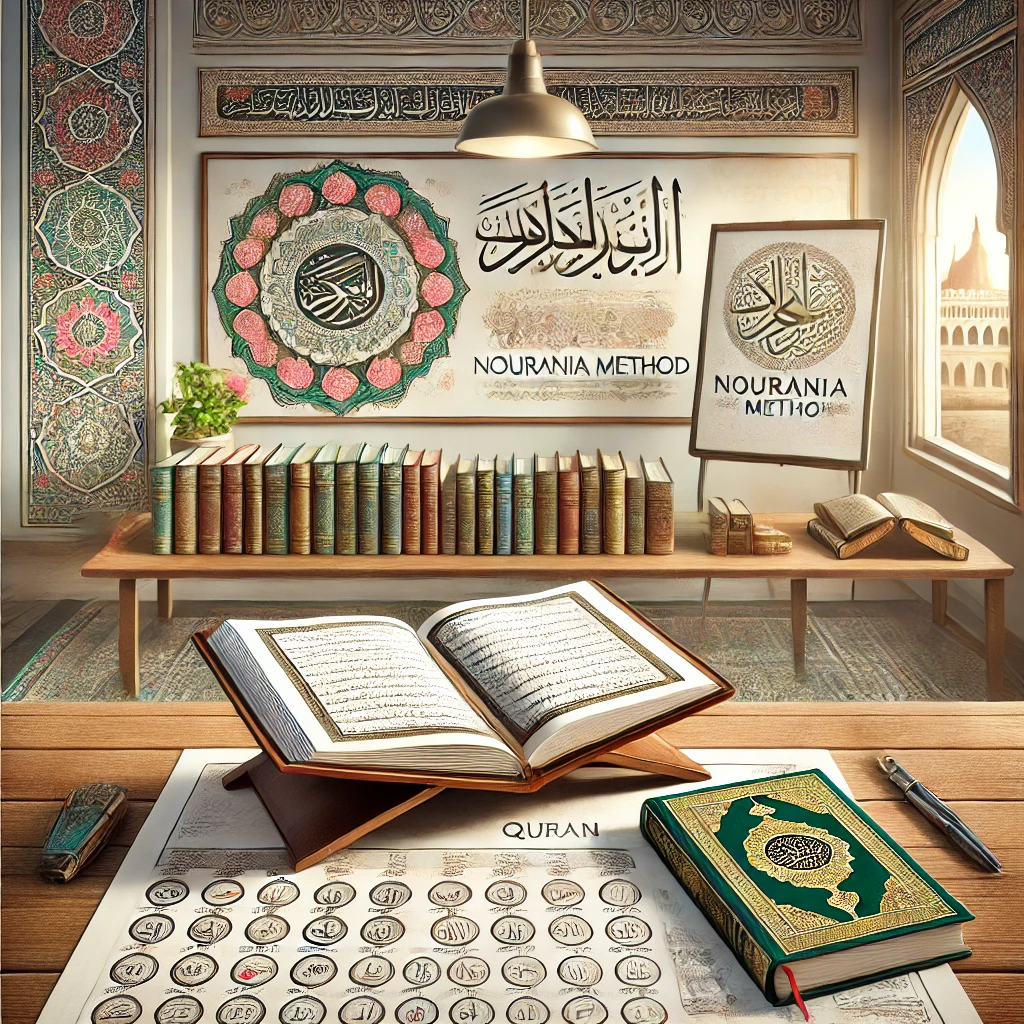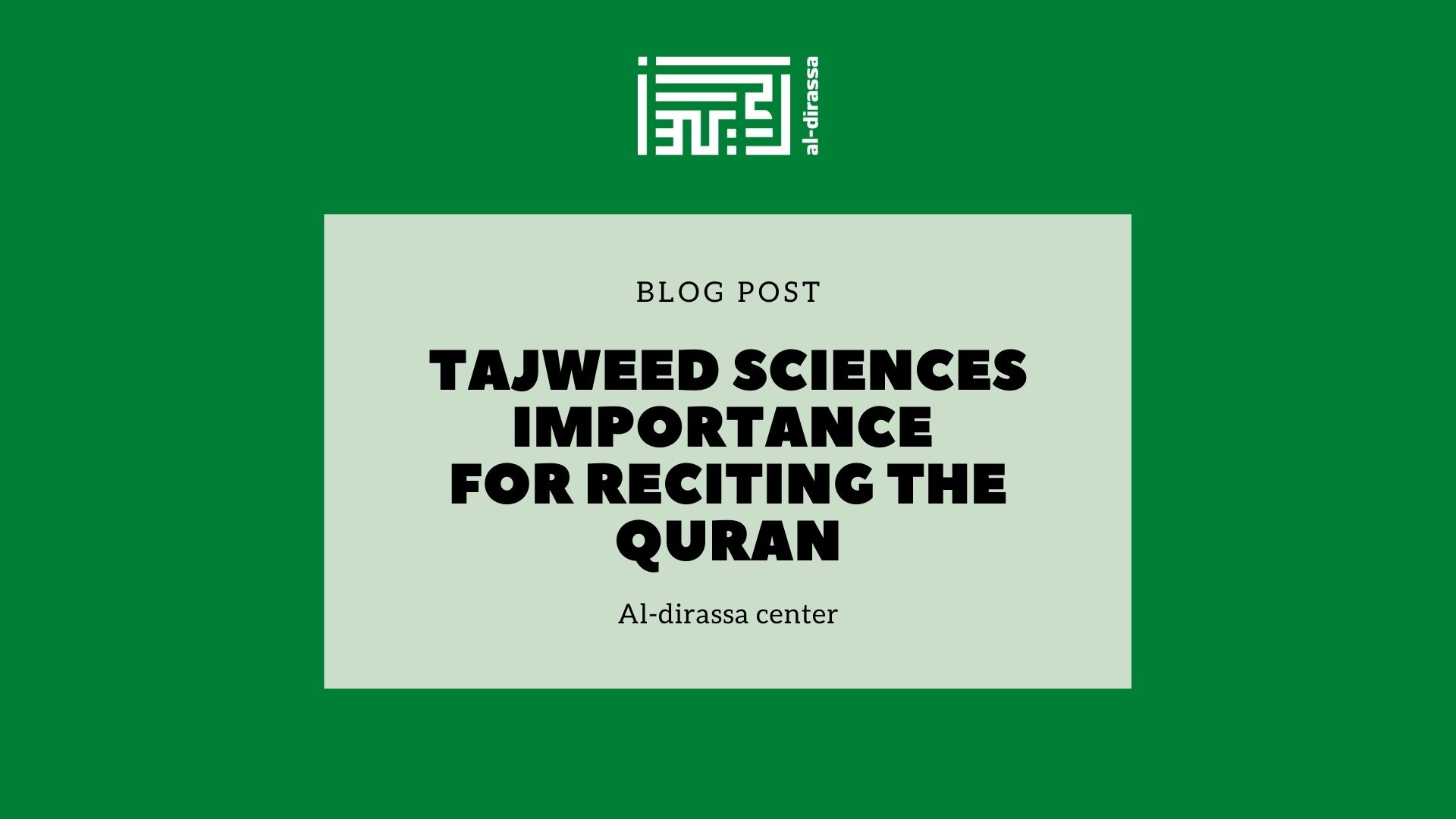How to Read the Quran Correctly: A Complete Guide for Beginners and Advanced Learners

How to Read the Quran Correctly: A Complete Guide for Beginners and Advanced Learners Introduction Reading the Quran is a deeply spiritual experience for every Muslim. Whether it is a part of your daily routine or an in-depth study session, engaging with the Holy Book brings peace and guidance. However, for many, reading the Quran—especially […]
The Nourania Method: Learning Quran Reading Made Easy

The Nourania Method: Learning Quran Reading Made Easy The Nourania Method, also known as Al-Qaida Nourania, is a globally recognized educational approach for teaching accurate Quran reading and recitation. Al Dirassa Institute, specializing in Arabic, Quran, and Islamic studies, has incorporated this method into its online education programs. Thanks to its efficiency and adaptability, the […]
Tajweed vs. Tarteel: Differences in Quran Recitation Techniques

Tajweed vs. Tarteel: Key Differences in Quran Recitation Techniques Reciting the Quran is a fundamental act of worship in a Muslim’s life. However, Quranic recitation goes beyond merely reading its verses. Mastering proper recitation involves two primary techniques: Tajweed (تجويد) and Tarteel (ترتيل). These methods, though complementary, have distinct objectives and characteristics. In this article, […]
12 Tips to Beautify Your Quran Recitation

12 Tips to Beautify Your Quran Recitation Reciting the Quran is a noble and cherished practice for every Muslim, allowing a deep connection with the divine words. However, reciting the Quran beautifully and accurately involves more than simply reading; it requires technique, patience, and most importantly, an understanding of Tajweed rules. In this article, we […]
The Significance of Tajweed Sciences in Proper Quran Recitation

The Significance of Tajweed Sciences in Proper Quran Recitation The Importance of Tajweed in Quranic Recitation The Holy Quran, esteemed as the literal words of Allah Almighty, stands as the beacon of guidance for all of humanity. Its profound significance in the life of a Muslim is undeniable, necessitating the correct and clear reading, writing, […]

